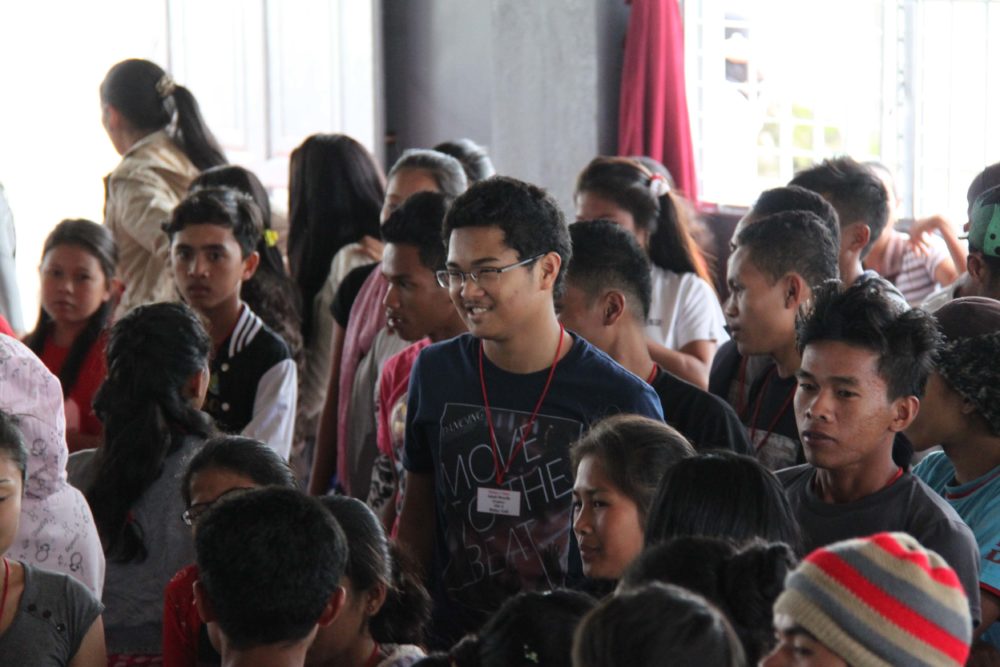
Leaving your home to move somewhere new isn’t easy for anyone. But what about moving to a place where the people don’t speak the same language as you? Or what about moving to a place where the people live completely different lives than North America?
Moving to a foreign field comes with great challenges. Many potential missionaries wrestle with how their family will fare on the mission field, and more specifically, how their children will handle growing in a completely new culture.
As a missionary kid (MK) myself, I hope to shed some light on this particular topic from firsthand experience. I grew up in the mountains of the Philippines and spent the first fifteen years of my life in a remote village. As a result, I faced various trials that I wish to share with you.
My experiences certainly aren’t absolutes; the experience of other MKs will most likely differ from mine. But my experiences allowed me to see God’s work in my life amidst all the barriers that came as a result of growing up on the mission field.
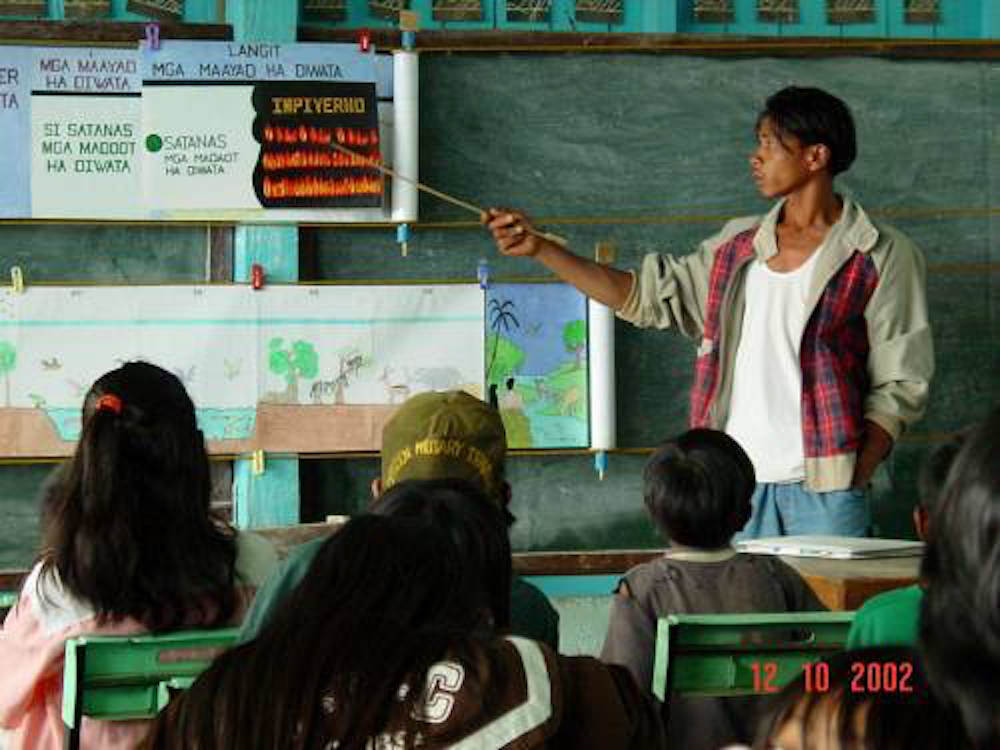
Living with Cultural and Linguistic Barriers
One of the most important parts of childhood are the friendships you build and the relational skills you learn from them. For a missionary kid these friendships are different. There are barriers that put extra difficulty and strain upon these friendships. These barriers are called culture and language. As missionary kids are learning how to build friendships, they’re also learning a brand new language and culture in the process.
Despite being a full-blooded Filipino, I was brought up as an Australian, so my mother tongue is English. My way of thinking and worldview are polar opposite to those in the tribe whom I grew up with. Certain life necessities, like safety, esteem, and self-actualization, were difficult to access because of the difference in culture and language.
Something as simple as the concept of education showed the difference in our thought. I held to the classic Western child’s viewpoint that school was simply a hinderance, so I took my education for granted. However, to the tribal people whom I lived with, education was highly valued because not everyone was able to go to school.
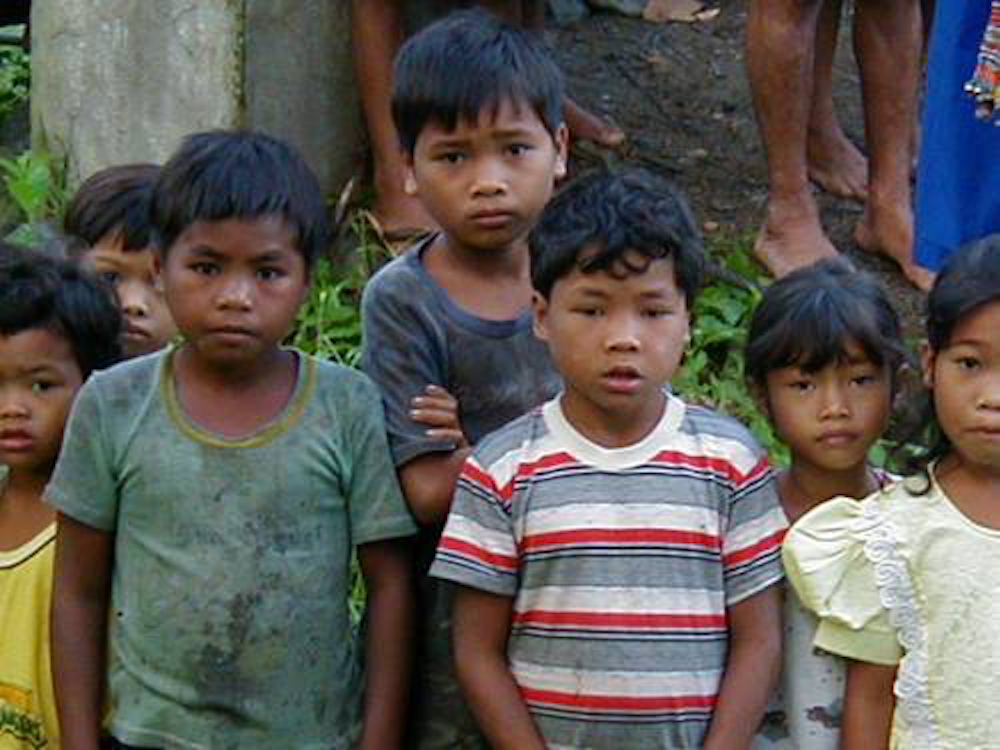
Another barrier that I mentioned was language. Growing up in a tribal setting allowed me to pick up some of the language but I never became extremely fluent. This hindered my ability to connect with my peers on a deeper, more intimate level.
As I moved into adolescence, my soul began to crave relationships outside of my family that went deeper than the surface. I suffered greatly from this and even though I had some great friends and still do to this day, almost every day was filled with an overwhelming sense of loneliness.
I had a great desire to connect with someone my own age, who understood the way I thought and could comprehend my dreams. I wanted someone I could just simply talk to without struggling to express myself.
Living in a Dangerous Place
One of the greatest fears of potential missionaries is the aspect of danger on the field and what it would mean for their children. I grew up in what was known as “The Place with Most Blood Shed,” where the sound of gun shots was the norm and the death of people you knew happened regularly; the feeling of danger always loomed close by. As a result, I was regulated to stay within the confines of the mission complex. This had a massive impact on the way I related to others and presented an obstacle that I had to overcome as a missionary kid.
One day I was getting ready for school, and all of a sudden I heard multiple gun shots in the distance. This was the start of a clan war that lasted all day. I hid in a room downstairs which was situated a little below ground so no stray bullets could come my way. My parents were outside tending to people who were coming to our house for shelter and I just sat there with earplugs sheltering me from the sound; yet they didn’t stop me from feeling the vibration of the military grade weapons.
I remember the first few weeks back in Australia, my parents and I were sitting down for a meal when I heard multiple bangs. For a second, my heart stopped as a sense of danger kicked in as I thought I heard gunshots. They were merely fire crackers.
Being regulated to the confines of the mission compound gave me an overwhelming sense of loneliness. I couldn’t visit my friends, so my days were filled with school in my house. My parents were always there, but their work kept them busy. I had to keep my own company and learn to entertain myself. To this day, I often prefer to do things by myself and I close myself off to the world. It was only when we were in Australia a few years later that I began to truly relate to people and find a freedom to be vulnerable.
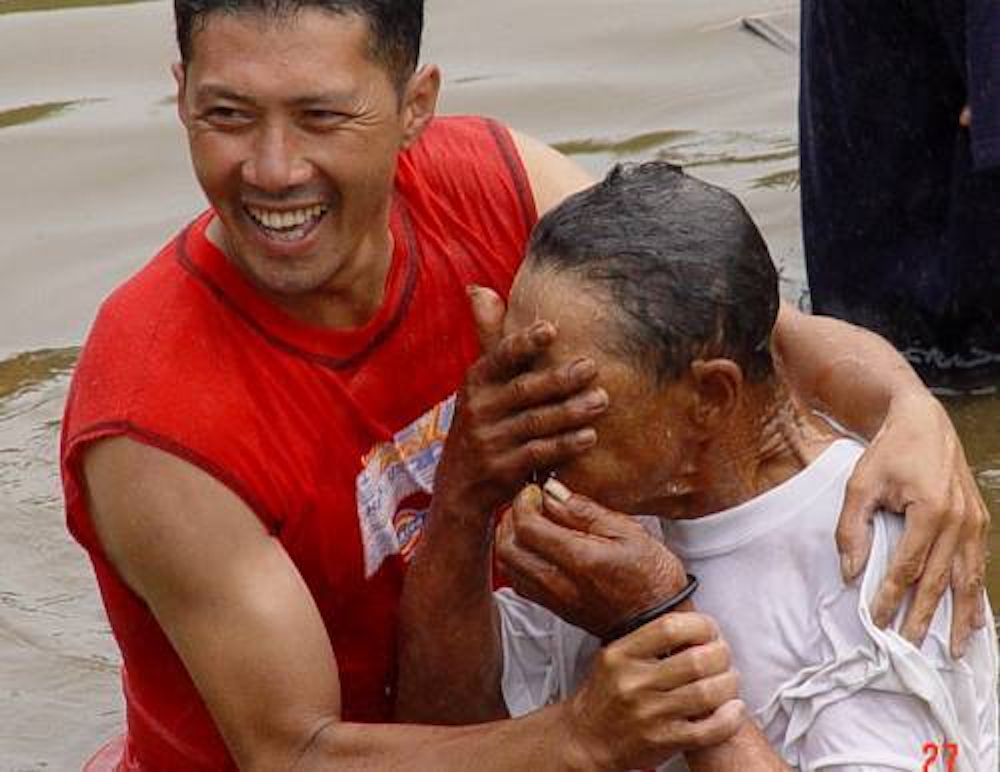
God Meeting Me in the Midst of the Challenges
Moving to the tribal village where I grew up brought many trials. However, I don’t regret my hardships; in fact I count them as blessings. Without these, I wouldn’t have such a close relationship with my mother. She filled that void and now I consider her not only a parent but also my closest friend.
When I stopped focusing on myself and began focusing on Jesus, I began to see what a privilege it was to grow up with these people in the Philippines, and to be able to show them His love and care for them. I grew to love them not just for what they could give me, but for who they were.
Even as I’ve experienced much loneliness, seen many dead bodies, and been in close proximity to violence, I wouldn’t change it for the world. I count it as a great blessing to be able to have lived on the front lines of missions and to have seen God work greatly! I’ve even witnessed many murderers come to know Christ as their Savior.
We have to put things in perspective. Underneath the facade of safety we have in North America, danger is just as close here as it is on the mission field. My parents have been on the field for almost thirty years now and, despite living in a very dangerous place, nothing has happened to them. God has protected them.
That’s not to say that God won’t allow things to happen to you. In fact, there are many instances where missionaries have been taken advantage of, robbed, and even martyred. However, we’ve got to see that in this world we live in, there is no place that is truly safe.
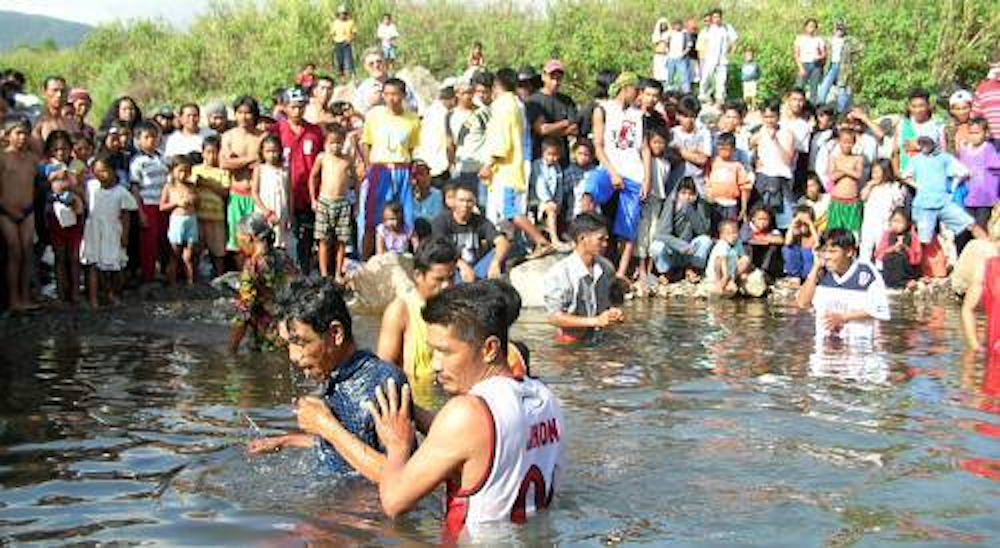
“Do not be afraid of those who kill the body but cannot kill the soul. Rather, be afraid of the One who can destroy both soul and body in hell.” (Matthew 10:28)
If you’re going to be in danger, then why not be in danger for furthering the reach of the Gospel and for saving people’s souls from an eternity of separation from God?
Emily Kurz is a graduate of Ethnos360 Bible Institute. She currently lives in North Carolina, where she is finishing a degree in Secondary English Education. Emily enjoys sports, bungee jumping, reading, and writing, and hopes to one day teach english as a second language in Latin America.

